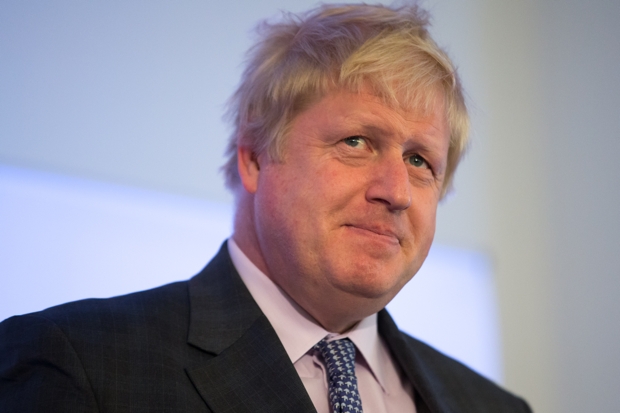I recently got round to reading Francis Fukuyama’s famous book The End of History and the Last Man. As well as heralding the triumph of liberal democracy, he explains that a snake will always lurk in the garden, for human nature is not entirely won over by the gospel of equality. He introduces us to the term megalothymia, the desire to distinguish oneself from the rest, be the best. It’s expressed in capitalism, sport and other cultural pursuits.
It is also likely to be expressed in politics: leaders will probably emerge who don’t have any new ideology, but want to rock the liberal democratic boat. They are motivated by a sort of primitive lust for adventure. This impulse was a central cause of the First World War, he argues: ‘Many European publics simply wanted war because they were fed up with the dullness and lack of community in civilian life.’ In many German accounts of the time, the motivation seems to be ‘a kind of objectless struggle, a struggle that would have purifying moral effects quite independently of whether Germany gained colonies or won freedom on the seas.’
At this point I realised that he was describing Brexit. The struggle to regain our sovereignty is really about the struggle, not the objective. It’s about the Nietzschean spirit of risky adventure, summed up in Michael Gove’s ideal of ‘buccaneering Britain’. Would Brexit make Britain substantially better off overall? Brexiters don’t seem very sure. But they do seem sure that the pursuit of these things will put hairs on our chest.
Gove and Boris Johnson are both romantics in their different ways. In both cases, the decision to join the Brexit camp was surely dominated by this question: Can I look myself in the mirror later this year, if I do not now seize this opportunity for dramatic action? If I pass this by, will I not subsequently berate my timidity? If we want to get seasonally Shakespearean, it’s tempting to cast the ghost of Thatcher as Lady Macbeth, asking if they are men.
On the other hand, let’s be honest: the EU epitomises the dull downside of liberal democracy. It doesn’t feel like a stirring political allegiance – more like a trip to the dentist. An expensive dentist who has an annoying air of moral superiority – and foreign magazines in the waiting room.
Brexit is a way of half-rebelling against the banality of liberal democracy itself, the constraints of equality. Let’s cock a snook at these bureaucratic international bodies that tell us to stay put, let’s say something rude to the liberal paragon in the White House, let’s tell money-grubbing old Osborne where to shove his boring sums, let’s admit that human rights is a load of semi-crap. Who says we have to go to the dentist? The sweet shop’s open.







Comments